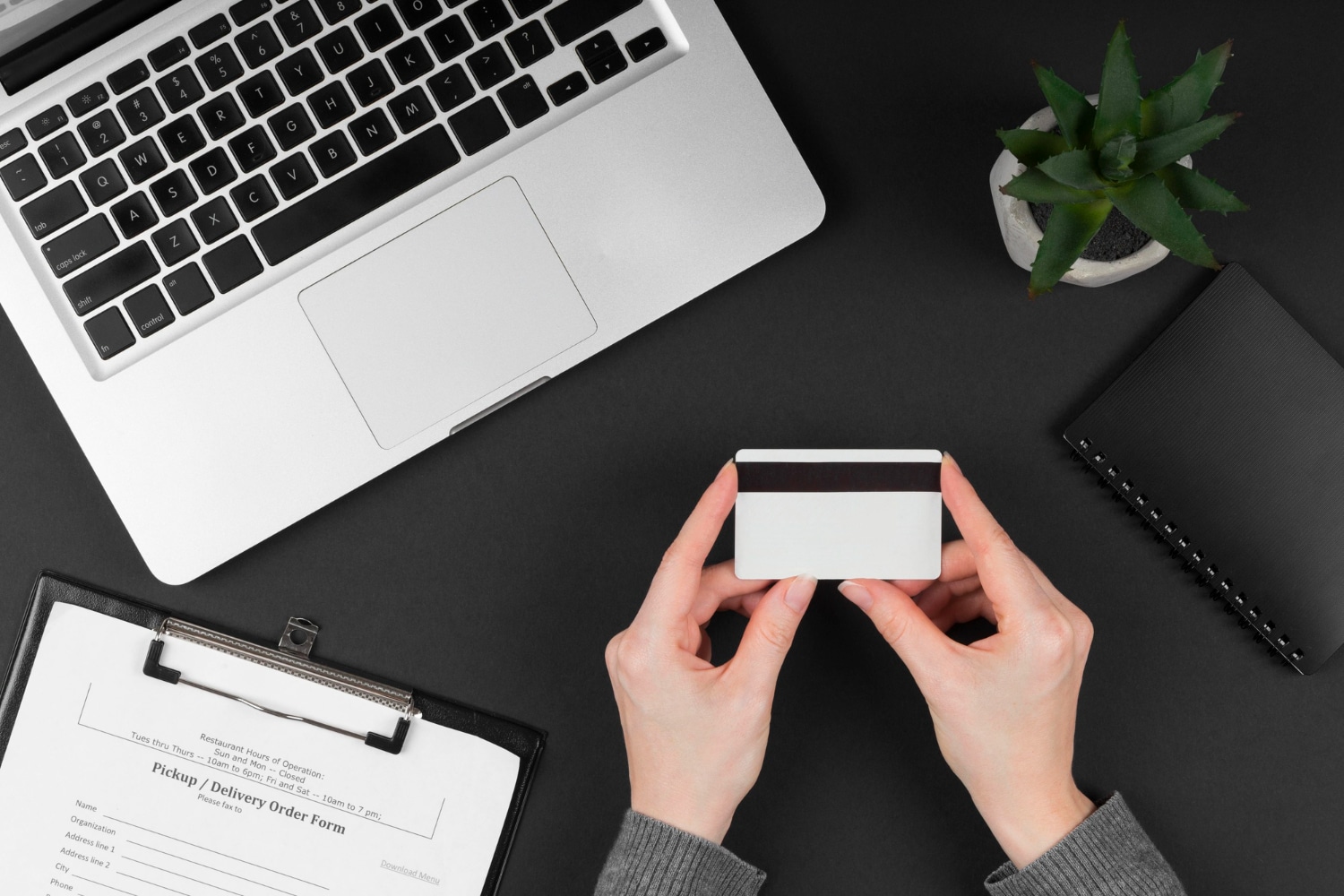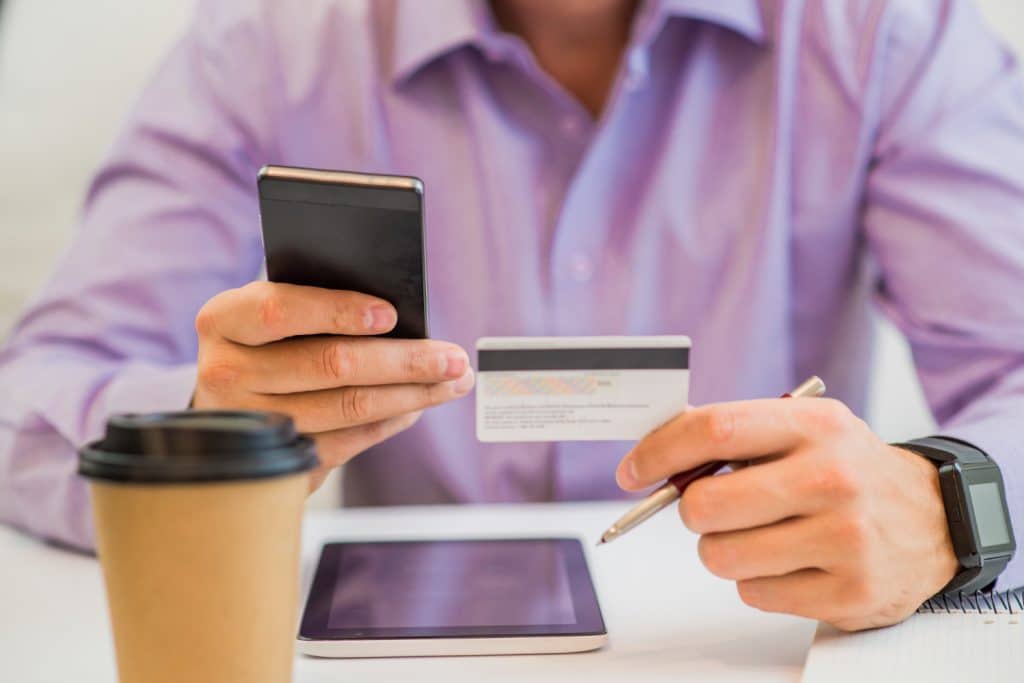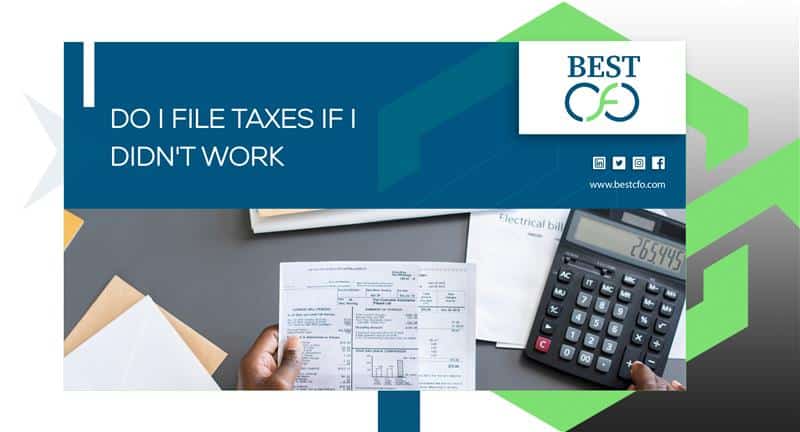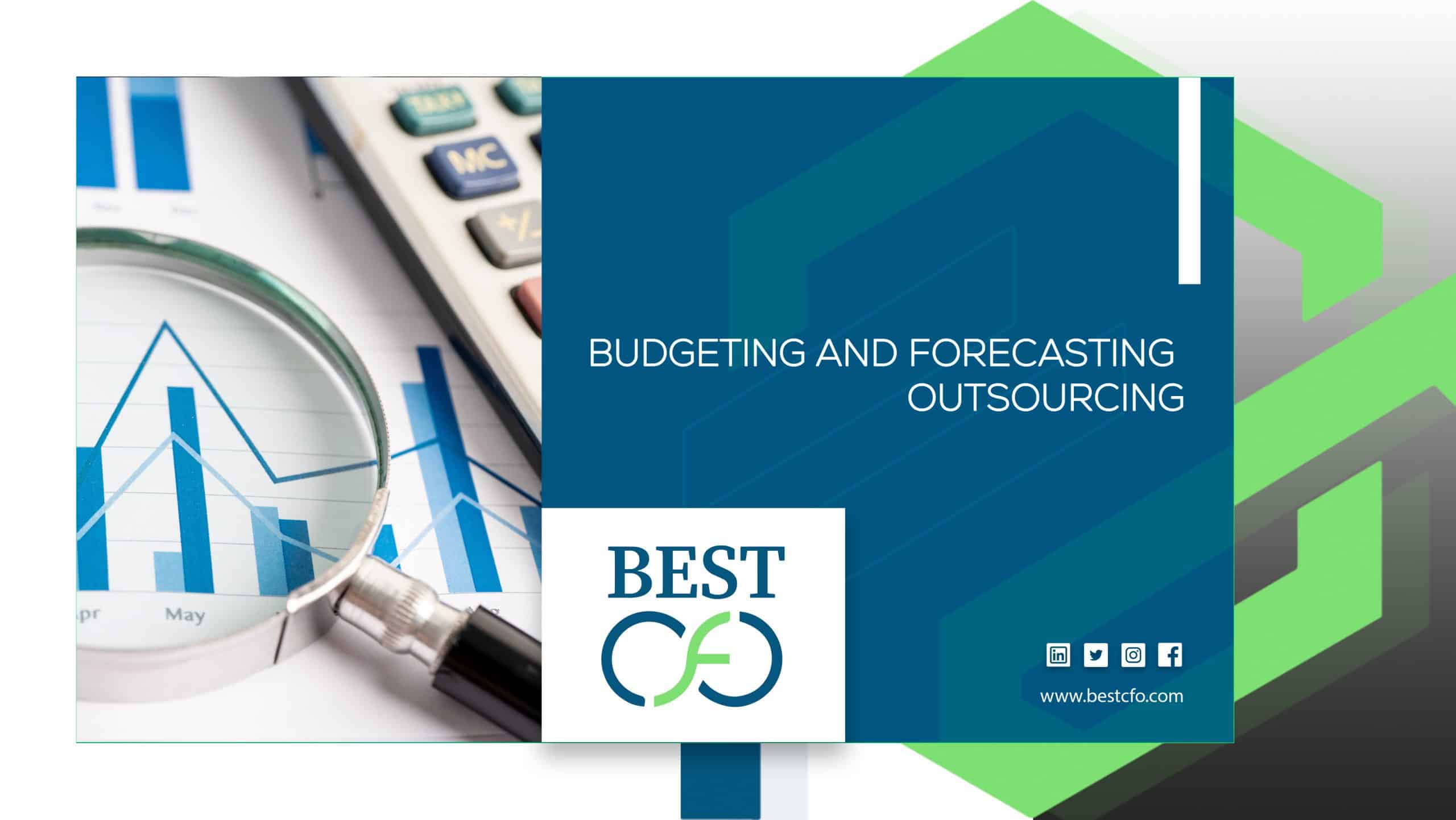
| Getting your Trinity Audio player ready... |
What Is a Debit Card? Complete Pros & Cons of a Debit Card
Buying stuffs with cash is old talk now, people tend to go towards debit cards and credit cards. Debit cards don’t just provide a place to easily access your money, but by using them it increases your credit score, and you can get urgent easy loans, which can be a blessing in an emergency.
But how much do you really know about what it does, how it works, and whether it’s always the best option? We are going to explain, how debit cards work to their fees, their benefits, and their downsides so you can decide if they’re the right financial fit for your lifestyle.
So, What Exactly Is a Debit Card?
At its core, a debit card is like a digital key to your bank account. Instead of pulling out cash or writing checks (who even does that anymore?), you can just swipe or tap your debit card, and the money comes straight out of your checking account—instantly. No interest, no borrowing. You’re spending what you already have.
Debit cards are usually tied to Visa or Mastercard networks, which means you can use them practically anywhere from your local grocery store to your favorite online retailers.
How Does a Debit Card Work, Anyway?
Let’s break it down simply. Here’s what happens when you use a debit card:
- You make a purchase—online, in a store, or at an ATM.
- Your bank checks your balance to make sure you have enough money to cover it.
- If all is good, the amount is instantly taken from your checking account.
- The payment is sent to the store or service provider.
Sometimes, especially for in-store purchases, you’ll need to enter your PIN (Personal Identification Number). That adds an extra layer of security and confirms that it’s really you making the transaction.
So, in essence, a debit card is a fast, secure way to pay using the money you already own.
What About the Fees?
Debit cards might seem like a free and easy option—but banks and financial institutions still find ways to sneak in a few fees. Here’s what to watch for:
ATM Fees
If you use your bank’s ATM—great. But go outside their network? That’s when things get pricey.
- Bank Fee: Your own bank might charge you for using another bank’s machine.
- ATM Owner Fee: The ATM you’re using could add on another fee just because you’re not their customer.
Stick to ATMs in your bank’s network, or use apps to locate free ones nearby.
Overdraft and Insufficient Funds Fees
Trying to buy something that costs more than what’s in your account? Two things might happen:
- The transaction gets declined.
- Your bank covers it anyway but charges you an overdraft fee, sometimes $30 or more.
To avoid this, choose out of overdraft protection if you can, or keep a buffer in your account.
Foreign Transaction Fees
Traveling abroad or shopping from an international website? Many debit cards charge 1% to 3% per transaction in foreign fees.
Some banks offer travel-friendly cards, so if you’re a jet-setter or online shopaholic, you might want to shop around.
Replacement or Maintenance Fees
Lost your card? Some banks charge $5 to $25 for a new one. And prepaid debit cards? Those often come with activation fees, monthly fees, and reload fees. Read the fine print before you sign up.
How Do You Get a Debit Card?
Getting a debit card is easy:
- Open a checking account at a bank or credit union—online or in person.
- Request a debit card (some banks will automatically send one).
- Activate it using your phone, mobile app, or an ATM.
That’s it—you’re ready to go. And in many cases, you can even add your debit card to your mobile wallet (like Apple Pay or Google Pay) for contactless payments.
Debit Card vs Credit Card: What’s the Difference?
Let’s clear this up. Debit and credit cards might look alike, but they play very different roles:
Feature | Debit Card | Credit Card |
Money comes from | Your checking account | A credit line (you pay it back later) |
Interest charges | None (unless your overdraft) | Yes, if you carry a balance |
Builds credit? | No | Yes |
Risk of debt? | Low—you spend what you have | Higher—easy to overspend |
Rewards offered? | Rarely | Frequently (cashback, points, etc.) |
Fraud protection | Moderate | Strong (federal laws often offer zero liability) |
If you want to build credit or earn rewards, a credit card might be the better tool. But if you just want to stay debt-free and in control, debit is often the way to go.

Pros of Using a Debit Card
Debit cards are super convenientand for a lot of people, they strike the perfect balance of function and control. Here’s why people love them:
You Stay Within Your Budget
Because you’re spending your own money not borrowing it’s easier to stay disciplined.
No Interest Charges
Forget about high interest rates or minimum payments. With a debit card, you pay once and you’re done.
Quick Access to Cash
Need money fast? Use your card at an ATM. Just make sure it’s in-network.
Safe and Secure
With built-in protections like PIN codes and fraud alerts, you’re safer than you would be carrying a wad of cash.
Accepted Everywhere
Most stores, restaurants, and online platforms accept Visa or Mastercard debit cards.
Cons of Using a Debit Card
Of course, debit cards aren’t perfect. Here are a few downsides you should keep in mind:
Limited Fraud Protection
If someone steals your card and you don’t notice quickly, you could be liable for hundreds of dollars. Credit cards generally have stronger protections.
Doesn’t Build Credit
If you’re hoping to raise your credit score, debit cards won’t help. Only credit accounts are reported to credit bureaus.
Risk of Overdraft
Even though you’re spending your own money, some banks still let your overdraft and then charge you for it. Be careful.
Few (If Any) Perks
No cashback. No points. No airline miles. If you’re looking for rewards, you’ll need a credit card.
Holds Can Tie Up Funds
Ever tried renting a car or booking a hotel with a debit card? They often put a temporary “hold” on your account, freezing money for days even if you don’t end up spending it.
So, Should You Use a Debit Card?
The short answer? It depends on your need, there is no Yes or No. Debit cards are fantastic for everyday budgeting and spending, especially if you want to avoid debt. They’re simple, direct, and offer just enough control to keep your finances in check.
But they also come with limits. If you want to build credit, earn rewards, or get strong fraud protection, you might want to also consider a credit card (and use it responsibly, of course, without getting under huge debts).
A lot of savvy people use both debit for daily expenses, and credit for travel, big purchases, and credit-building.
In the end, debit cards offer a no-nonsense way to manage your money. They’re perfect if you want to keep your finances simple, avoid debt, and stay in control of your spending. Just make sure you understand the fees, keep an eye on your balance, and don’t forget your debit card is only as smart as the person using it.
FAQs: Real Questions, Real Answers
Q1: Can I use a debit card online?
Yes! As long as your debit card is connected to Visa or Mastercard, it works just like a credit card online. Just make sure you have enough funds in your account.
Q2: What happens if I lose my debit card?
Report it immediately to your bank. They’ll freeze the card and send you a replacement. Most banks also let you lock your card through their app.
Q3: Is there a daily spending limit?
Usually, yes. Your bank might limit how much you can spend or withdraw in a day—often around $500 to $1,000. You can often raise the limit by requesting it through your bank.
Q4: Can I get a debit card without a bank account?
Yes, but it’ll be a prepaid debit card. You load money onto it and spend from that balance. They’re handy but often come with fees.
Q5: Can I get scammed with a debit card?
Unfortunately, yes. Always keep an eye on your transactions and report anything suspicious ASAP. Time matters when it comes to fraud protection.
Related Posts
The Top 30 Netiquette Rules How Not to Be That Person Online
Tangible vs Intangible Assets: What’s The Difference? Let’s be real: asset talk doesn’t exactly scream…
Do You Need To File Taxes If You Didn’t Work?
Stock Analysis 101: Revenue Forecasting and Growth In the rapidly evolving world of business today,…
Patent vs Trademark vs Copyright: What’s The Difference Between Them?
What Are the Most Important KPI For Finance Department To Track In today’s fast-moving economy,…
Is It Illegal to Pay Personal Expenses from a Business Account of an LLC?
Gross Margin vs Gross Profit: Profit Margin & How to Calculate When running a business…
 Demos
Demos  Colors
Colors  Docs
Docs  Support
Support 














